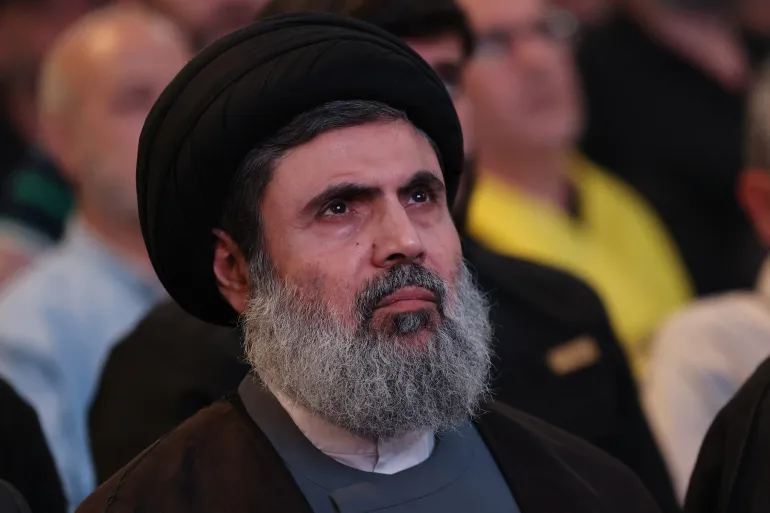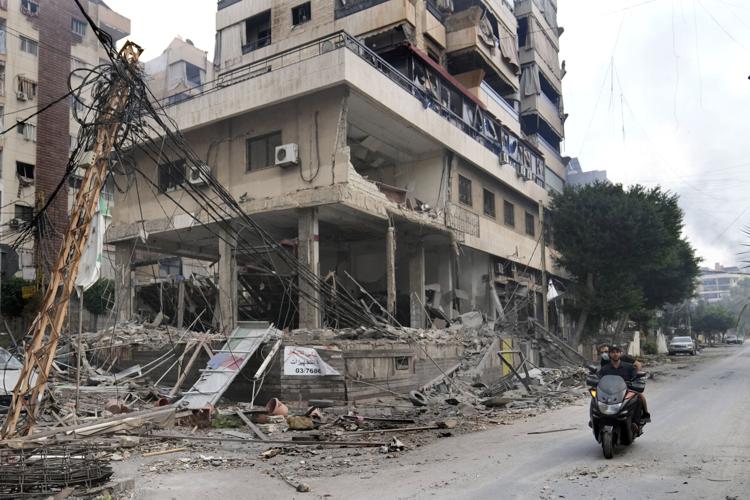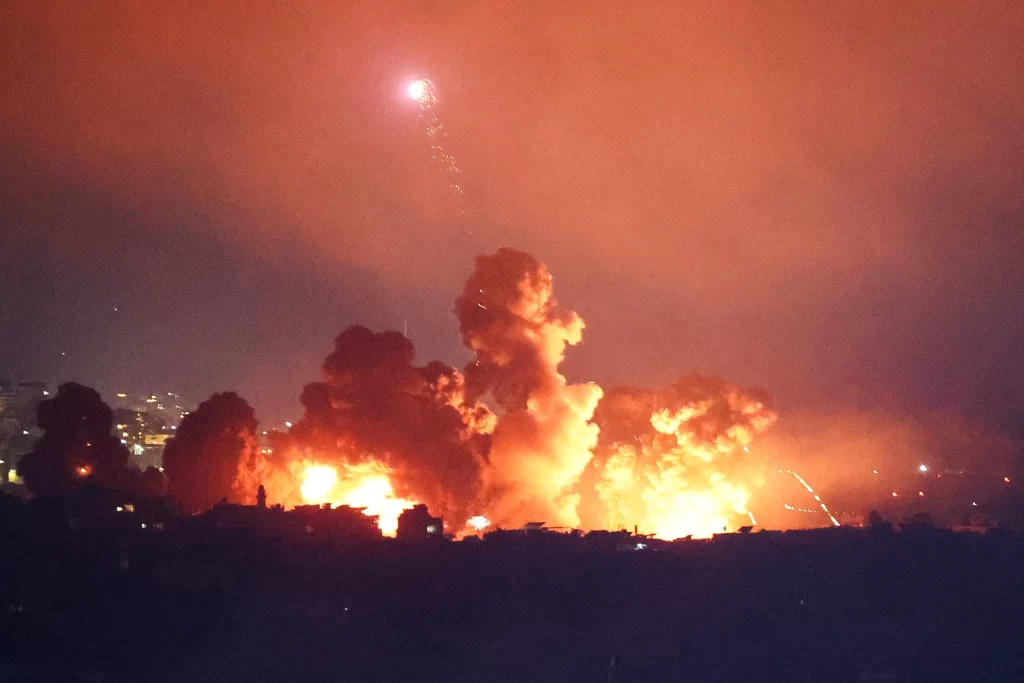Israeli Prime Minister Benjamin Netanyahu announced on Tuesday that Israeli airstrikes have killed two successors to slain Hezbollah leader Hassan Nasrallah, as Israel expands its ground offensive in southern Lebanon with the deployment of a fourth army division.

Netanyahu’s statement, released via video from his office, came hours after Hezbollah’s deputy leader, Naim Qassem, suggested openness to a negotiated ceasefire. The Iran-backed group has been reeling from a series of Israeli airstrikes that have killed several senior commanders.
“We’ve degraded Hezbollah’s capabilities. We took out thousands of terrorists, including Nasrallah himself and Nasrallah’s replacement, and the replacement of the replacement,” Netanyahu stated, without naming the latter two individuals.
Israeli Defense Minister Yoav Gallant further claimed that Hashem Safieddine, widely expected to succeed Nasrallah, had likely been “eliminated.” However, Israeli military spokesman Daniel Hagari later clarified that Safieddine’s status was “being checked” following an airstrike on Hezbollah’s intelligence headquarters last week.
The Israeli military reported that heavy airstrikes against underground Hezbollah installations in southern Lebanon over the past 24 hours had killed at least 50 fighters, including six sector commanders and regional officials.

Amid the escalating conflict, Hezbollah’s deputy leader Naim Qassem expressed support for ceasefire attempts in a televised speech. Notably, he did not mention the end of the war in Gaza as a precondition for halting combat in Lebanon, a departure from previous statements.
The U.S. State Department spokesperson Matthew Miller suggested that Hezbollah’s apparent shift towards seeking a ceasefire indicates the group is “on the back foot and is getting battered” on the battlefield.
However, Qassem maintained that Hezbollah’s capabilities remain intact despite “painful blows” from Israel, stating, “Dozens of cities are within range of the resistance’s missiles. We assure you that our capabilities are fine.”

The conflict has sparked concerns of wider regional instability. Iran, a sponsor of both Hezbollah and Hamas, warned Israel against following through on threats of retaliation for recent missile attacks. Iranian officials cautioned Gulf states against allowing their airspace to be used for potential strikes against Iran.
As tensions escalate, Western powers are seeking diplomatic solutions to prevent the conflict from engulfing the broader, oil-producing Middle East. The Pentagon announced the cancellation of Israeli Defense Minister Gallant’s planned visit to Washington and meeting with U.S. Defense Secretary Lloyd Austin.
The situation remains fluid, with both sides hinting at the possibility of negotiations while continuing military operations. The coming days will be crucial in determining whether diplomatic efforts can succeed in de-escalating the conflict or if the region will face further military confrontation.



